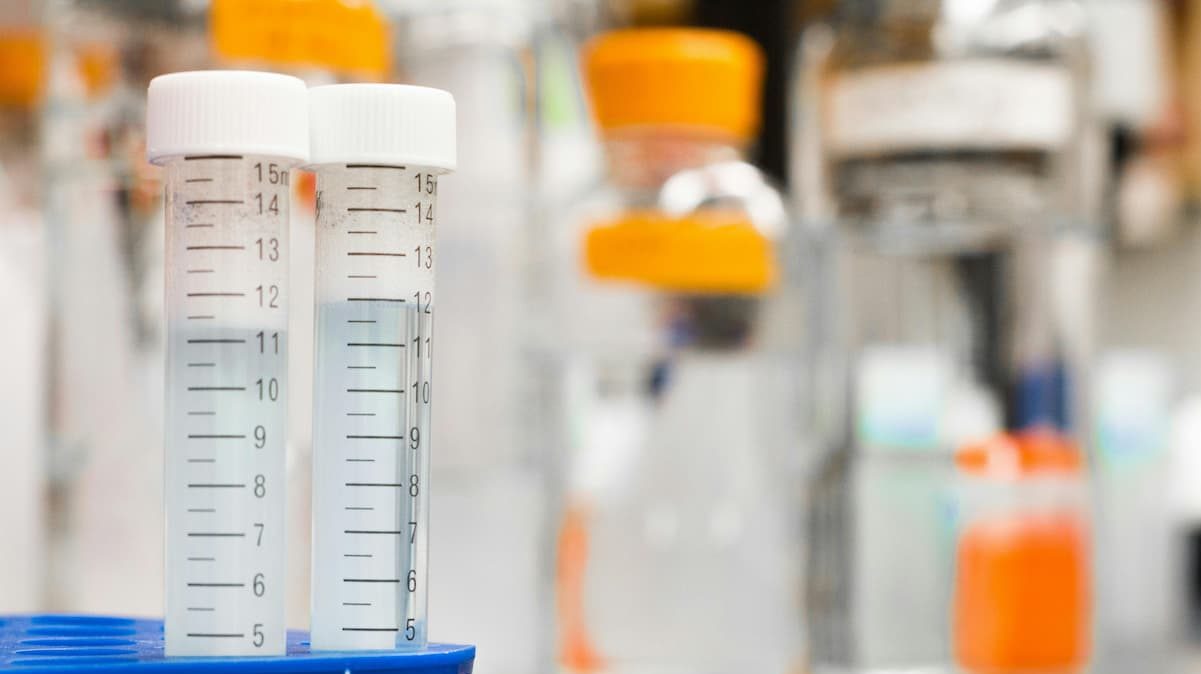UNE-EN ISO/IEC 17020. Conformity assessment. Requirements for the operation of various types of bodies performing inspection
This standard contains the requirements that enable inspection entities to demonstrate their technical competence, impartiality, and consistency in their inspection activities. It has become the international reference standard for inspection entities that want to demonstrate their ability to obtain reliable results and develop management systems for their quality, administrative, and technical activities.
Inspection is an evaluation activity aimed at determining the conformity of products, installations, buildings, machinery, and even plans or projects with established requirements or specifications. The goal is to provide information regarding compliance with legislation, standards, specifications, or contractual commitments. Inspection can include visual checks, functional measurements or tests of physical objects, documentary examinations of specifications, and comparisons of results with specific requirements or best practices in the field.
Inspection entities can operate as first-party, inspecting products or installations supplied or installed by their own organization; second-party, when acting on behalf of the buyer of the inspected item; or third-party, when acting on behalf of a third party, such as an insurance company or, in the regulatory field, the government. Choosing accredited inspection entities provides both the market and the administration with the highest guarantees, as they are the only ones that have demonstrated the necessary technical reliability by complying with the international ISO/IEC 17020 standard, which establishes the requirements for technical competence in this type of activity.
01. Objetive
This standard establishes the general requirements for technical and human competence, impartiality, and consistent operation of inspection entities. It sets out general requirements such as impartiality, independence, and confidentiality, as well as requirements related to structure, resources, processes, and the management system.
02. Structure
The ISO 17020 standard establishes the requirements for the proper functioning of inspection entities, their technical competence, and their ability to make value judgments according to the required level of independence.
Main Sections of the Standard:
The current version of the standard is structured into five groups of requirements:
- General Requirements: Impartiality, independence, and confidentiality.
- Structural Requirements: Administrative, organizational, and management.
- Resource Requirements: Including personnel, facilities, equipment, and subcontracting.
- Process Requirements: Including inspection methods and procedures, handling of inspection items and samples, inspection records, inspection reports and certificates, complaints and appeals, and the complaints and appeals process.
- Management System Requirements: Options, documentation, document control, record control, management review, internal audits, corrective actions, and preventive actions.
03. Advantages
- Demonstrate technical competence and ensure excellence in the services offered. It guarantees the validity and technical reliability of the inspections conducted.
- Opens doors to new markets: accredits the quality of your entity at both national and international levels.
- Provides the opportunity for continuous improvement: constantly evaluates personnel, methods, equipment, calibration, and report preparation.
- Gains recognition and enhances the image and reputation of your organization.
- Competitive advantage: technical reliability helps you differentiate from the competition.
- Serves as a reference for implementing new accreditations and quality management standards.
- Increases customer confidence.
- Boosts productivity: improves operational efficiency and reduces errors.
- Enhances the competence of technical personnel.
04. Frequently Asked Questions
This standard establishes the requirements that inspection entities must meet to demonstrate their technical competence, impartiality, and consistency in their inspection activities.
ENAC (Entidad Nacional de Acreditación) is the body designated by the Government in application of Regulation (EC) No 765/2008, which regulates the operation of accreditation in Europe based on five fundamental principles: Non-profit; Independence; Non-competition; International evaluation; Mutual recognition.
Any inspection entity or body, regardless of the activities it performs or its size.
ISO 9001 focuses on general quality management, ISO 17025 addresses the technical competence of testing and calibration laboratories, and ISO 17020 pertains to the technical competence of inspection bodies.
They are entities (natural or legal persons) that perform an evaluation activity aimed at determining the conformity of products, installations, buildings, machinery, and even plans or projects with established requirements or specifications, in order to provide information regarding compliance with legislation, standards, specifications, or contractual commitments. Inspection can include visual checks, functional measurements or tests of physical objects, documentary examinations of specifications, and comparisons of results with specific requirements or best practices in the area.
Three types are established based on their degree of independence:
- Type A: They offer their services as a third party.
- Type B: They offer their services as a first party.
- Type C: They offer their services as a first party but also provide inspection services to other organizations.
A Type A Inspection Body is expected to:
- Not be involved in the design, manufacture, supply, installation, use, or maintenance of the inspected items or similar competitive products.
- Be accessible to all parties interested in their services.
A Type B Inspection Body is expected to:
- Have a clear separation of responsibilities between the inspection personnel and the personnel performing other activities within the parent organization.
- Ensure that the organization and its personnel do not engage in activities that could compromise their impartiality and independence.
A Type C Inspection Body is expected to:
- Ensure that the design, manufacture, provision, installation, service, maintenance, and inspection of the same item are not carried out by the same person.
- Provide assurances within the organization to ensure an appropriate separation of functions and responsibilities in the provision of inspection services, through its organizational structure and documented procedures.




